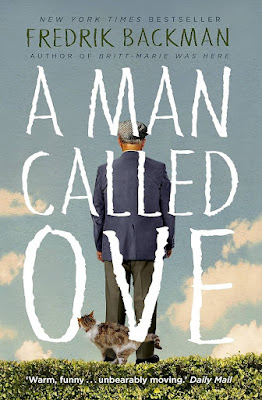Uncle Tom's Cabin
It's a moving tale about a man being torn away from his family as if it was natural to do so, and other stories about how he brings about a sea change in whoever he meets along his journey. In the end, we may feel like we owe something to this meek but faithful man- a feeling of regret and shame.
Tom is a faithful slave; his master trusts him, his fellow workers respect him, the master's little boy adores him. As always, what's too good to be true comes to an end rather quickly. Tom is taken away along with the young son of another slave to pay for his master's debts. However, fate has different plans for the two unfortunate souls. Tom, believing that God will provide for him, sets off to another plantation where the work is hard and the master brute. The young boy flees with Eliza, his desperate mother; their sights set on Canada, a haven for persecuted slaves.
Eventually, only Eliza's story ends on a happy note; reunited with her husband and long-lost mother, they set forth to Canada, and eventually Liberia. Tom's story ends tragically, but his life's purpose was to be the harbinger of good in others' lives, though just not in his life. He's rather like a candle; it burns itself down just to provide light and warmth. Like Tom, there's another character too; Evangeline or Eva. If there ever was a child so unbelievably angelic, it's her. And since angelic characters belong elsewhere, this fragile bud leaves soon in the most picturesque death scenes I have ever encountered in a book. Her tiny life is just too sad for a reviewer like me to write in detail, as is Tom's. Even her father dies an undeserved death. It's infuriating to see the good people die, but so does many of my favourite characters in quite a lot of books I've read. All I can do is sigh.
A few thoughts struck me while thinking about how I felt about the book; the larger-than-life characters are too unrealistically pious to belong to the real world, and slaves are shown to leave for Liberia, instead of being integrated into American society. As for the second point, I didn't like it when the slaves left for Canada or a glorified new nation in Africa exclusively meant for black Americans. Since Uncle Tom's Cabin was also about the author's vision of a good future for the freed slaves, why didn't she consider settling them in America? Does this mean that she believed that African-Americans were better off in Africa, even after generations have lived and grown accustomed to a new land? The first point is quite evident to everyone who has ever read the book.
Despite these shortcomings, you shouldn't pass up a chance to read this. It's too good to be true, but too good to neglect as well.




Comments
Post a Comment